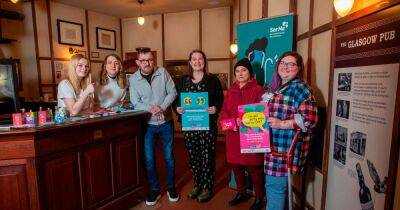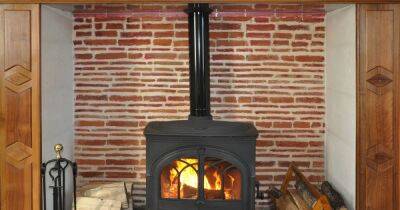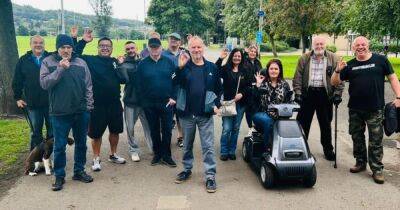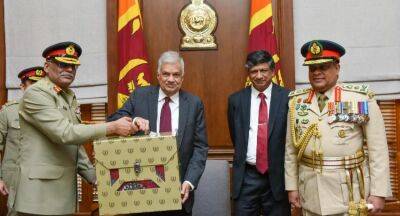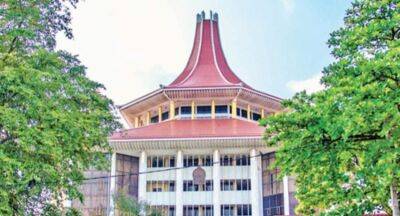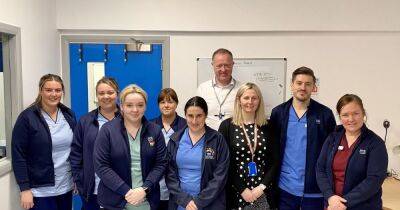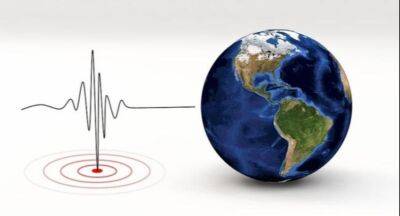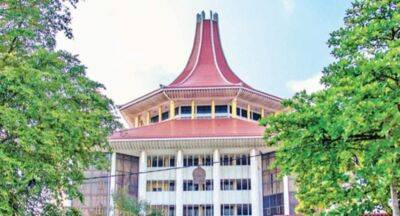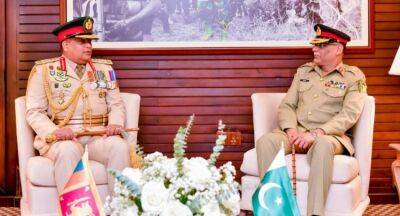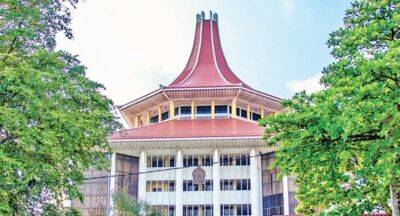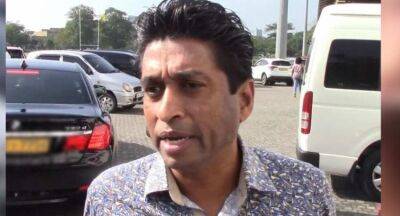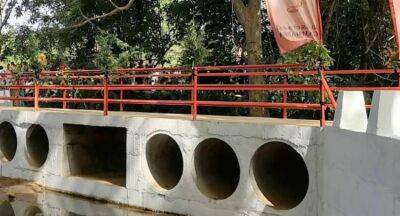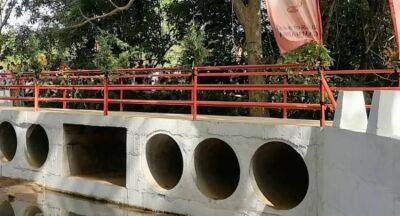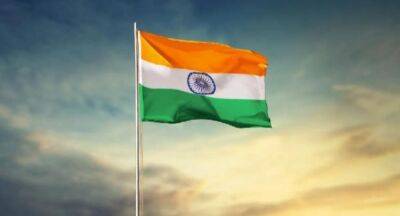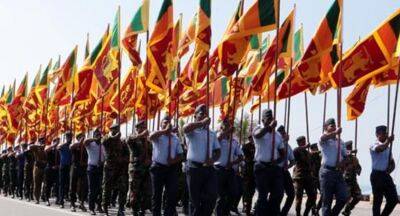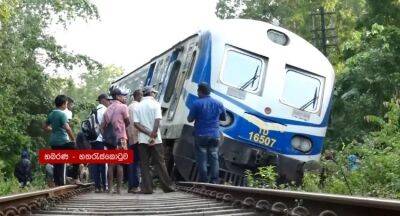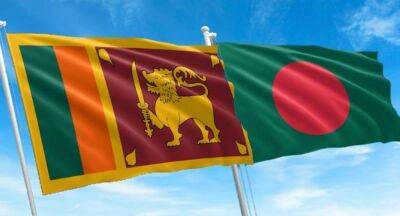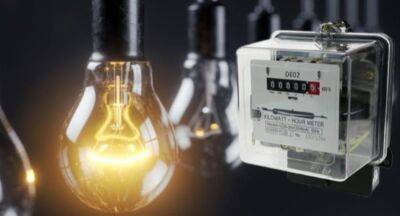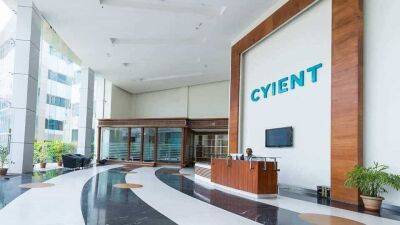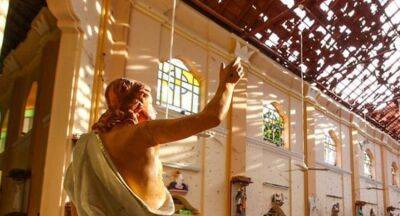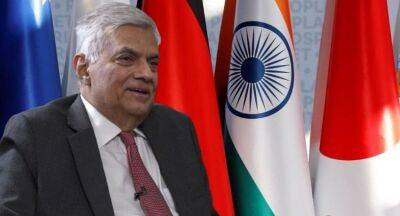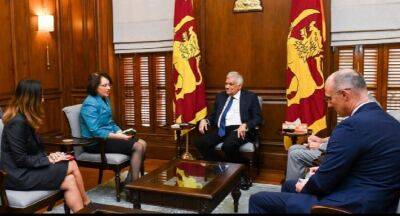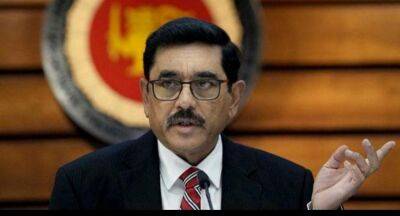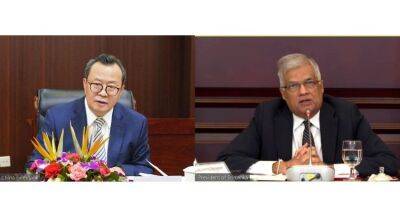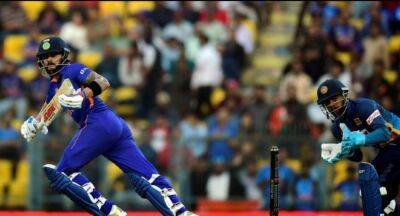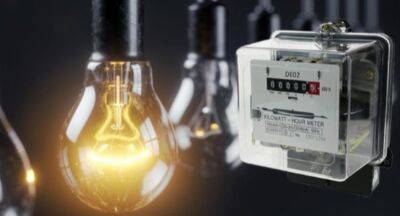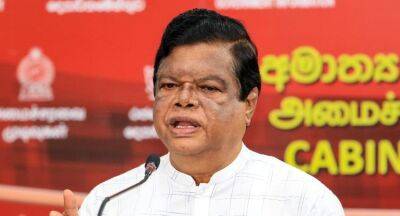Affordable device for fixing broken bones piloted in Gaza, Sri Lanka and Ukraine
Imperial researchers have developed a low-cost, easy-to-manufacture stabiliser for broken bones to help in regions where such devices are expensive or in short supply and people sometimes resort to homemade options.The stabiliser, known as an external fixator, holds broken bones in place with metal pins or screws attached to a surrounding metal frame.When soft tissue is severely damaged together with bone, external fixators are the first step in keeping fractures in legs and arms in place before an operation to definitively fix the bones can be carried out.However, their cost and low availability in many regions mean people resort to homemade or low-quality fixators that may lead to serious complications or improper healing.The Imperial external fixator is currently being tested in Gaza and Sri Lanka, and since the invasion of Ukraine, more than 500 fixators have been manufactured in Poland to help with the crisis.This fixator, details of which are published in Frontiers in Medical Technology, is low-cost and has a lightweight design that can be manufactured locally to international standards.
The team developed the design and a toolkit to allow repeated precise manufacture of the fixator anywhere in the world, including in the least developed countries.In Sri Lanka, it is being tested for road traffic accidents, which account for around 70 percent of fractures in low- and middle-income countries (LMICs).
Read more on newsfirst.lk

